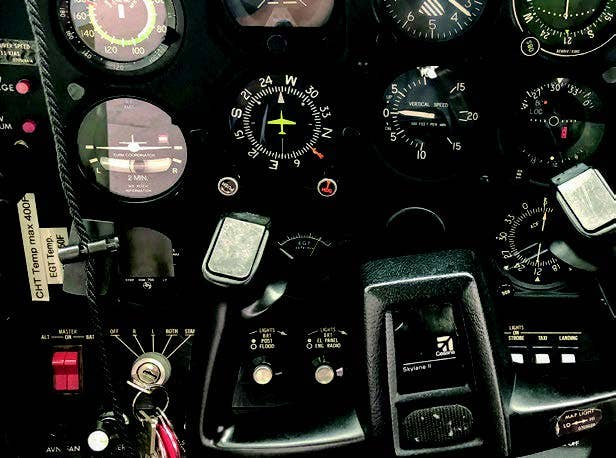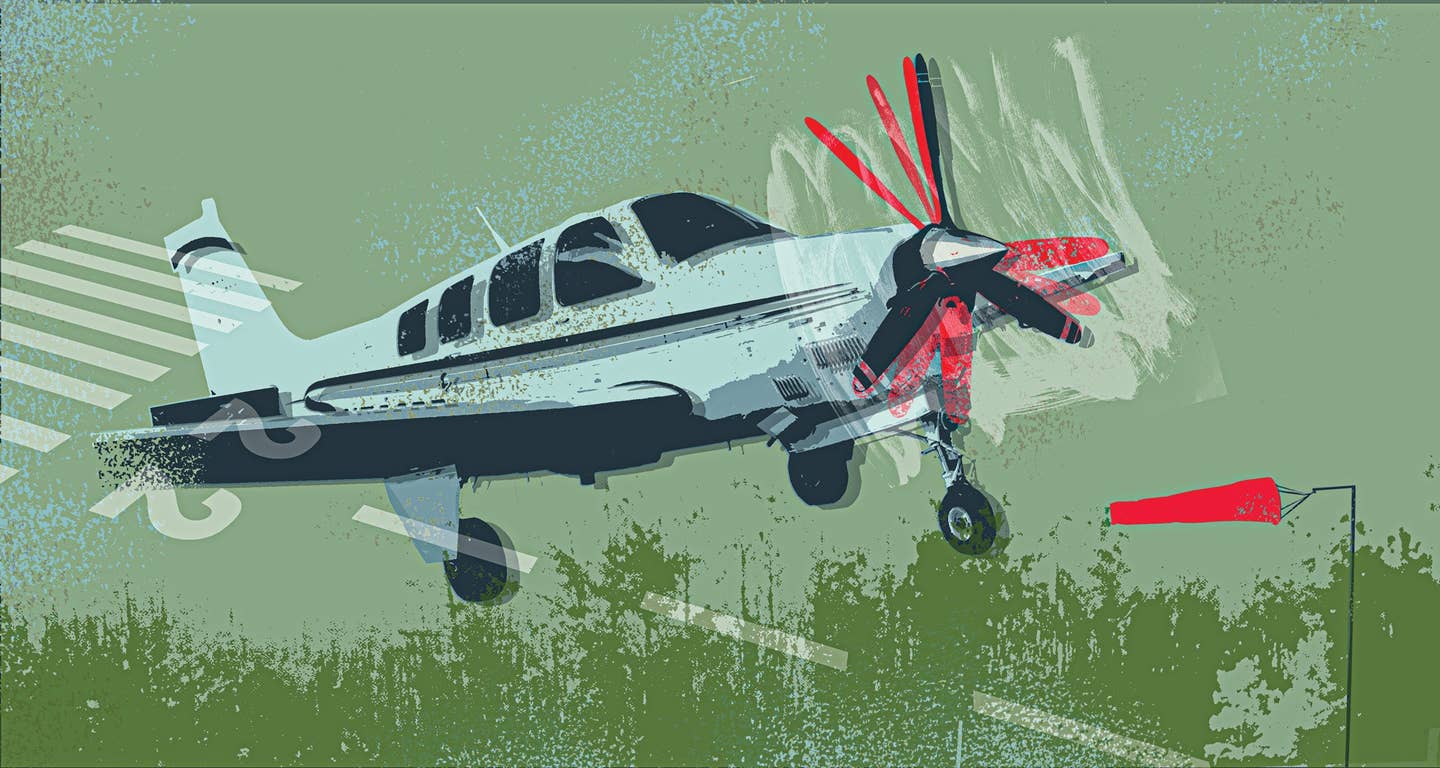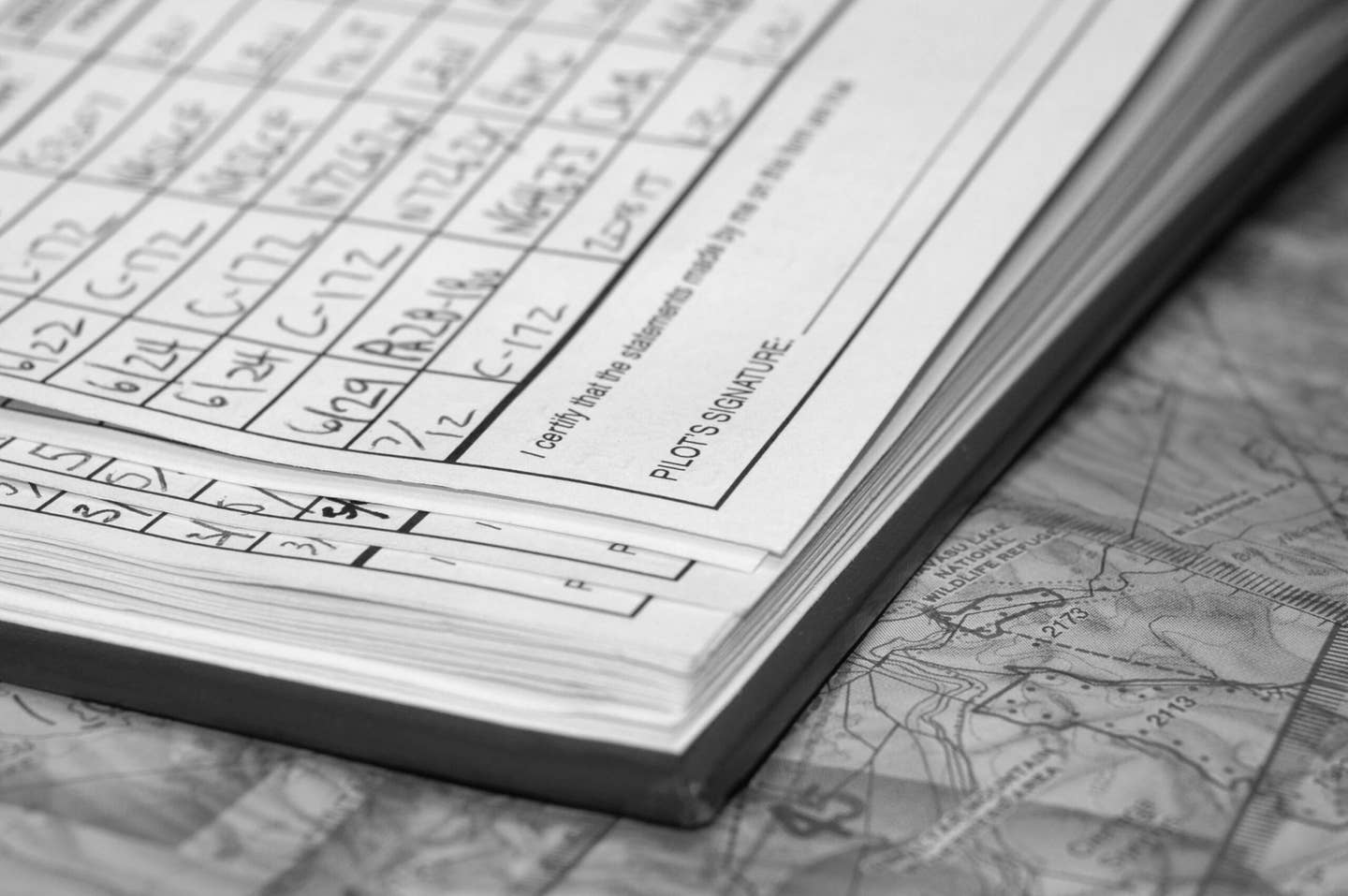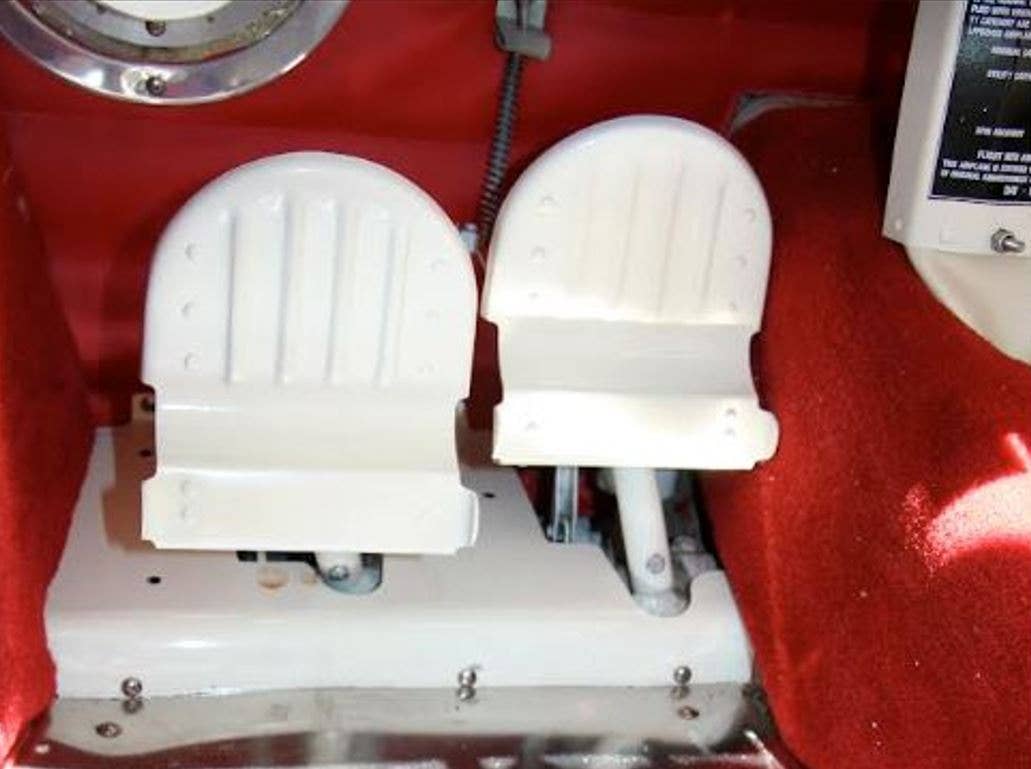
Does private jet ownership after retirement make any sense at all? Gary Moseley/Alamy Stock Photo
Advancing age and retirement bring on a certain sense of freedom and may, in fact, inhibit one’s social filter. And though I have worried mightily about what the devil I would do with myself once unemployed, I can report from two months in, so far, so good. An older friend told me long ago that he had a similar fear of having nothing to do and therefore loaded his post-work calendar with tasks. A month later, he said, he could care less about any of those commitments. I get that.
As for the social filter, I sense it slipping. Whereas I might heretofore have been reluctant to give voice to some of my most crass and socially unacceptable urges, I now feel pretty free to say what’s on my mind. I feel more able to take the consequences of what I might say and what you might think of me. So, here goes.
I want to buy a jet. There, I’ve said it. I know it sounds indecent, maybe even obscene. There is, of course, no rational reason for a jet. My wife, Cathy, and I have a Piper Cheyenne, a fine turboprop. I just finished three glorious years of Part 135 flying in a Cessna Citation CJ3; wasn’t that supposed to have cured this jet-fever thing? I don’t need a jet for business. I can’t afford one that can go any greater distance nonstop than the airplane we already own and love. I just want one.
This is not new. Fifty years ago, I was a medical student living in a small dorm room in New York City with not much more than a desk, a bed and a dresser. On top of the dresser sat a magnificent model of a Lear 24. I aspired to jet ownership even when I had no concept of how much one would cost, how much fuel it would burn and how there would be tax implications to airplane ownership. I just thought that you’d earn enough money and buy one.
I now know what depreciation is, what loans cost and how much jet-A can set you back. I understand that some folks with companies can afford to own a jet because of tax considerations. I also know that some people have been so successful that they can just buy a jet without those considerations. I know some people come from inherited money — imagine that. I don’t fit any of these categories.
With a thousand hours of Citation CJ3 time at JetSuite under my belt, I’m predisposed to a Citation that I can fly single-pilot. This means the Cessna 501SP with its Pratt & Whitney engines, deicing boots, old systems and relatively low initial costs. But the 501 isn’t very fast, burns gas like it owns an oil well and, well, looks like Pat Boone on the ramp.
The Citation Jet or CJ1 are familiar to me in a hereditary way. They are clearly related to the CJ3. The switches in the cockpit pictures look like the CJ3, and I get the sense of familiarity that might be reassuring on a low approach. The Citation Jet originally had King radios, but many have been sported up with Garmin GTN 750s and GNS 530s, making WAAS approaches doable. Oddly, the CJ1 with its Rockwell Collins Pro Line 21 panel and Universal FMS can be expensive to upgrade to the same avionics performance.
I have sought counsel from friends and industry experts. Several have extensive CJ1 experience, but what they tell me doesn’t always jibe. One said that Tampa, Florida, to Teterboro, New Jersey (KTEB), would be a stretch because ATC brings the slow Citation down so early on the JAIKE arrival that you run out of gas. Another, who flew a Citation Jet from St. Petersburg, Florida (KPIE), to KTEB, said the airplane would go back and forth all day long. Who’s telling the facts here?
Notably, I have not sought counsel from a mental-health provider. Perhaps I’m afraid of being involuntarily admitted to a psychiatric institution suffering from delusions of grandeur. Now that I’ve said it, maybe I just don’t want to hear it.
It’s been 17 years since I sold one airplane and bought another. Things have changed. Yellow copies of Trade-A-Plane have given way to Internet searches on controller.com. No longer do brokers take your old airplane in trade, generally. They may find a buyer for your airplane and help you find a new one, but that’s a slightly different matter.
There are plenty of other things to think about. The more expensive the airplane, the bigger the sales tax. Letters of authorization for RVSM, transfer of Cescom and other previously undetected details make the experience of buying and selling a little more thrilling than I found it to be years ago.
Despite the deterioration of my social filter, I write about this aspiration for a jet with trepidation and the knowledge that many of you reading this piece cannot afford one. I probably should not afford one either. I am hoping, however, that you see this in terms of scale and without any judgment that might seem too withering. As a Cessna 172 owner, don’t you wish for a 182? Doesn’t the corporate exec in the Hawker wish for a Gulfstream? Isn’t this the defining symptom of any aviation nut with AUA (airplane upgrade affliction)?
Then there are Cathy’s concerns. She is not a big fan of flying. The higher and faster the airplane, the less she likes it. When she looks out at the rivets on the wing of our Cheyenne, she sees strength where I see drag. A couple of years ago, I got her a short flight on a CJ3. The pilots treated her to a show of the airplane’s capability. Her response? “It went up so fast, I thought I was going to slide right out the back of the cabin and they would never even miss me.” A jet is a challenge for her, and our money is hers too.
Several years ago, in a fit of exuberance, I put $10,000 down on a Cessna Citation Mustang at an NBAA show where the airplane was introduced. For my trouble, I received a Mustang key (a blank!), which Cathy installed in a little bell jar with the words “the key to Richard’s jet” on it. I never got the Mustang. This shrine has sat, mocking me, on my desk at home for a decade.
This is a 50-year itch. I’m 71 now; who knows how much longer I can fly? Is it self-indulgent? Of course. Is it practical? Of course not. Will it make me basically any happier than I already am? How could it? But with a little luck, I will take that fake key out of its shrine and put a real one — one that will open a real door to a real airplane — in my pocket and head to the airport.

Subscribe to Our Newsletter
Get the latest FLYING stories delivered directly to your inbox






